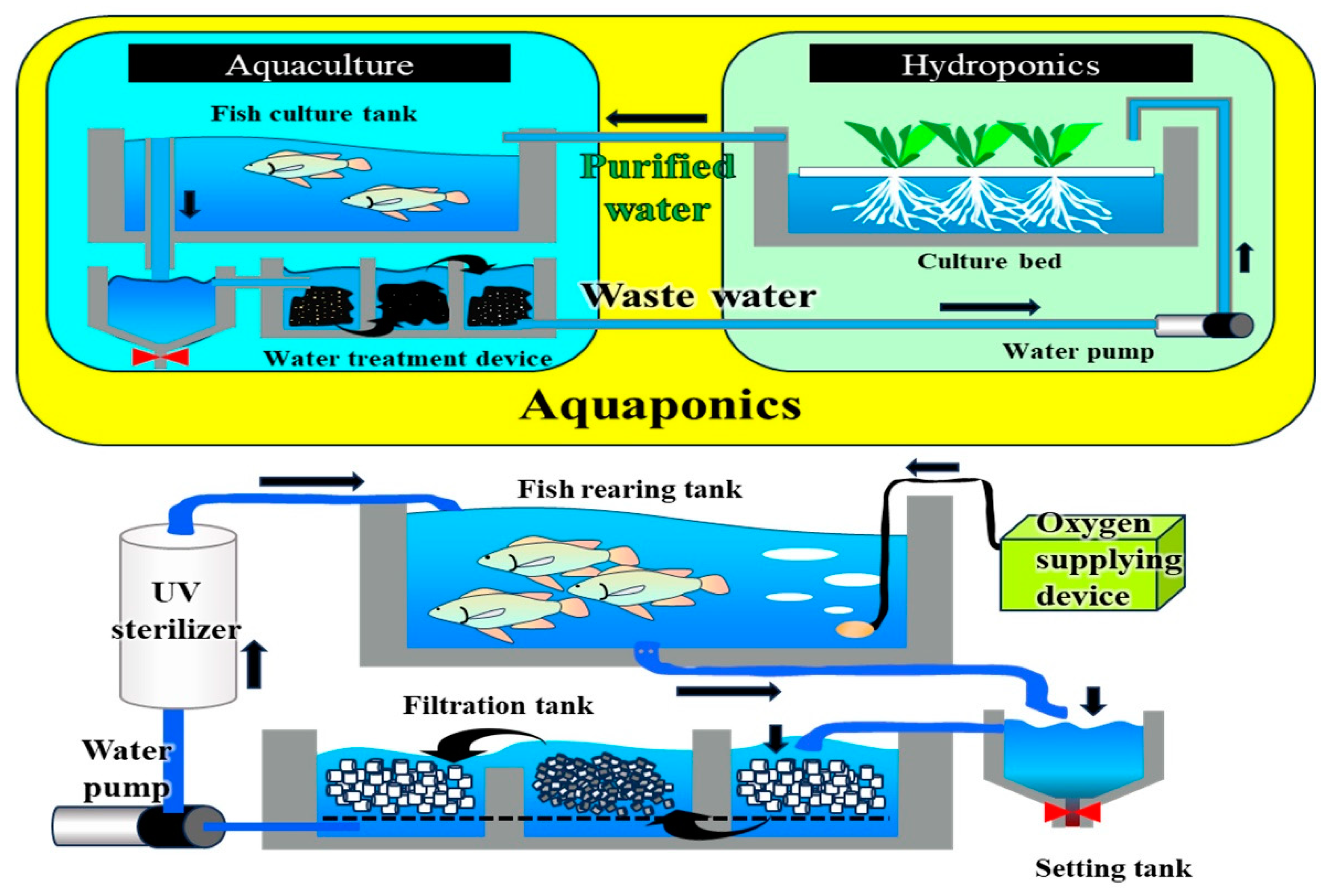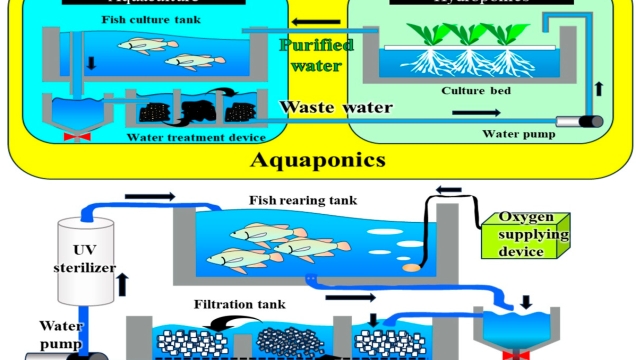
As the global demand for seafood continues to rise, traditional fishing practices are facing immense pressure to keep up. This has paved the way for innovative solutions in the form of aquaculture technology, which holds the promise of sustainable and efficient seafood production. By harnessing the latest advancements in breeding, feeding, and environmental monitoring, aquaculture can help meet the needs of a growing population while minimizing the impact on natural ecosystems.
At The Rokter, we are committed to being an authoritative hub for aquaculture technology and sustainability insights. Our platform offers a wealth of in-depth blog posts, industry resources, and a dedicated forum designed specifically for aquaculture professionals. Whether you are looking to explore the latest trends or share best practices with your peers, The Rokter is your go-to destination for all things aquaculture. Join us as we delve into the future of this vital industry and discover how technology is revolutionizing the seas.
Innovative Aquaculture Technologies
The aquaculture industry is experiencing a technological revolution, driven by the need for sustainability and efficiency. Among the most exciting innovations is the development of Recirculating Aquaculture Systems (RAS). These systems allow for the continuous cycling of water and nutrients, creating a closed-loop environment that minimizes water usage and reduces waste. By maintaining optimal conditions for fish growth, RAS not only increases yield but also supports healthier aquatic life, making it a game changer for sustainable fish farming.
Another transformative technology is the integration of artificial intelligence and machine learning in aquaculture management. By utilizing advanced algorithms, operators can monitor water quality, fish health, and feeding regimens more effectively. These AI systems can analyze vast amounts of data in real-time, providing insights that enhance decision-making processes. This not only optimizes resource use but also helps in predicting and preventing potential issues before they escalate, promoting a proactive approach to fish farming.
Aquaculture health management
Furthermore, advancements in genetic engineering are unlocking new potentials in aquaculture. Selective breeding and gene editing techniques, such as CRISPR, are being used to enhance disease resistance, growth rates, and feed efficiency in various fish species. These innovations are paving the way for aquaculture to meet the growing global demand for seafood while simultaneously addressing ecological concerns. As the industry embraces these cutting-edge technologies, it is set to become more resilient, sustainable, and productive.
Sustainability Practices in Aquaculture
Sustainability in aquaculture is paramount for ensuring the health of marine ecosystems and the long-term viability of fish farming. One of the most significant practices includes the use of closed-loop systems, where water is recirculated and reused, minimizing waste and reducing the need for external water sources. These systems improve water quality and reduce the environmental impact commonly associated with traditional fish farming. By controlling the environment more closely, farmers can also decrease the risks of disease, leading to healthier fish stocks.
Another important practice is the integration of polyculture systems, which involve farming multiple species together in a harmonious ecosystem. This method not only enhances biodiversity but also helps in using resources more efficiently. For example, certain species can benefit from the waste products of others, creating a balanced environment that requires fewer inputs. This approach contributes to a more sustainable food source while mitigating the risks of monoculture practices, which can deplete local ecosystems.
Moreover, adopting feed alternatives is essential in the quest for sustainability. Traditional fish feed often relies heavily on wild-caught fish, which can lead to overfishing and unsustainable fishing practices. Innovative feed solutions made from plant-based ingredients, insect protein, or microalgae are emerging as viable alternatives. These feeds not only reduce reliance on ocean resources but also lower the carbon footprint of aquaculture operations. By prioritizing sustainable feed options, the industry can significantly advance its environmental stewardship.
Industry Resources and Insights
The Rokter serves as an essential hub for aquaculture technology, providing a wealth of knowledge and resources for professionals in the field. Users can access a range of in-depth blog posts that delve into the latest trends, innovations, and sustainable practices in aquaculture. These posts are designed to offer valuable insights that can help professionals make informed decisions and stay ahead in this rapidly evolving industry.
In addition to informative articles, The Rokter features a comprehensive collection of industry resources, including research papers, case studies, and best practice guides. These documents cover various aspects of aquaculture technology, from feed management and water quality monitoring to disease prevention and environmental impact assessment. By compiling these resources, The Rokter supports professionals in enhancing their operational efficiency and promoting sustainable practices within their aquaculture ventures.
The dedicated forum at The Rokter allows aquaculture practitioners to engage with peers, share experiences, and seek advice on challenges they may face in their operations. This interactive platform fosters a collaborative community where ideas can flourish, and innovative solutions can be developed through shared knowledge. By connecting professionals, The Rokter fosters a sense of unity and support within the aquaculture industry, driving collective progress towards a more sustainable future.
Collaborative Forums for Professionals
The Rokter stands out as a pivotal space where aquaculture professionals can come together to share knowledge and experiences. These collaborative forums facilitate meaningful discussions that dive deep into the challenges and innovations of aquaculture technology. Participants can exchange insights, pose questions, and offer solutions, creating a vibrant community dedicated to advancing the field.
Users benefit from the diverse expertise within the forums. Whether it’s through discussing sustainable practices, emerging technologies, or regulatory issues, members gain access to valuable perspectives that help them navigate the complexities of aquaculture. This collaborative spirit not only enhances individual understanding but also reinforces a collective commitment to sustainability and industry advancement.
Moreover, the forums act as a resource for ongoing education and professional development. Members can access a wealth of information, including case studies and best practices, all curated to support their growth. By fostering strong networks, The Rokter empowers professionals to stay at the forefront of aquaculture technology, ensuring that they are well-equipped to drive future innovations and sustainability initiatives.
